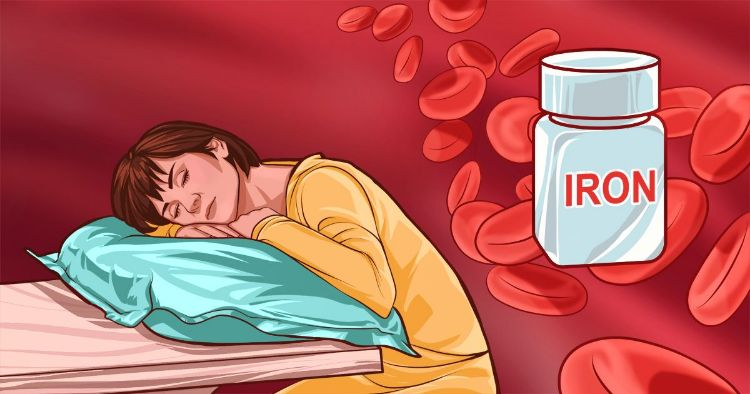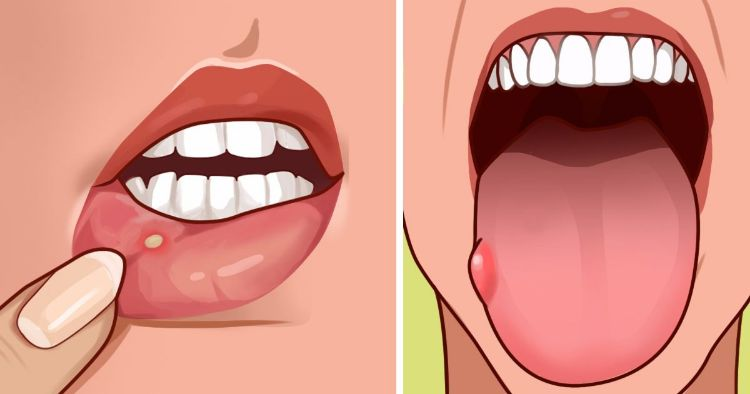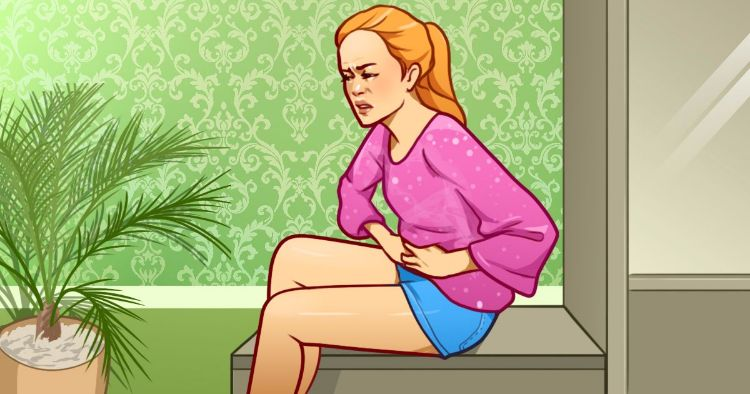In today’s fast-paced world, it’s surprisingly easy to miss out on essential vitamins. Even if you’re eating a balanced diet, modern food processing, storage methods, and lifestyle factors can diminish the vitamins your body absorbs. Vitamin deficiencies can lead to a range of health problems, from fatigue to more serious conditions like osteoporosis or anemia. But don’t worry—once you identify what’s lacking, you can often correct the issue through diet and, in some cases, supplements.
1. Vitamin B12 Deficiency: A Silent Energy Drain

Vitamin B12 plays a critical role in producing DNA and supporting brain function by creating neurotransmitters. However, the body can’t produce this essential vitamin on its own, so it must be obtained from food sources.
Symptoms of Vitamin B12 Deficiency:
- Fatigue
- Numbness or tingling in the hands and feet
- Memory issues
- Difficulty walking or balancing
People most at risk are vegans, vegetarians, and older adults who may not absorb B12 well. Foods rich in B12 include meat, fish, dairy products, and fortified cereals.
What to Do: If you suspect a B12 deficiency, include more animal-based products in your diet. Vegetarians and vegans can opt for B12 supplements or fortified foods to meet their needs.
2. Magnesium Deficiency: More Common Than You Think
Magnesium is a powerhouse mineral that helps with detoxification, muscle function, and even reducing the risk of certain diseases like diabetes. Yet, studies suggest that nearly 80% of people may be deficient in magnesium.
Symptoms of Magnesium Deficiency:
- Muscle cramps or twitches
- Insomnia
- Migraines
- High blood pressure
What to Do: Boost your intake of magnesium-rich foods such as leafy greens, nuts, seeds, whole grains, and fish. Supplements are also an option, but it’s best to consult your doctor to ensure proper dosage.
3. Vitamin D Deficiency: The Sunshine Vitamin You Might Be Missing
Vitamin D is crucial for bone health, as it helps the body absorb calcium. Your body produces vitamin D when exposed to sunlight, but with modern indoor lifestyles, sunscreen use, and aging, deficiencies are on the rise.
Symptoms of Vitamin D Deficiency:
- Frequent illness
- Bone and back pain
- Fatigue
- Depression
What to Do: Spend more time in the sun, but be mindful of skin protection. If sunlight is limited, consider foods like fatty fish, fortified dairy products, or vitamin D supplements. A blood test is the only way to know your levels, so consult your doctor.
4. Iron Deficiency: A Common Cause of Fatigue

Iron helps your body make red blood cells, which transport oxygen throughout your body. Low iron levels can lead to anemia, a condition where you don’t have enough healthy red blood cells.
Symptoms of Iron Deficiency:
- Extreme fatigue
- Weakness
- Pale skin
- Shortness of breath
What to Do: Iron-rich foods include red meat, poultry, beans, and leafy greens. If you’re a vegetarian or prone to iron deficiency, consider iron supplements. Pair iron-rich foods with vitamin C (like citrus fruits) to enhance absorption.
5. Calcium Deficiency: Not Just About Strong Bones

Calcium is vital for more than just bone health; it also supports muscle and nerve function. As you age, your body absorbs calcium less efficiently, making it easy to fall short of your needs.
Symptoms of Calcium Deficiency:
- Numbness and tingling in the fingers
- Muscle cramps
- Brittle nails
- Osteoporosis (in the long term)
What to Do: Include more dairy products, fortified plant-based milks, tofu, and leafy greens in your diet. If necessary, calcium supplements can help, but consult your doctor to avoid excessive intake, which could lead to kidney stones.
6. Folate Deficiency: Essential for Cell Growth

Folate (or folic acid) is especially crucial for pregnant women, as it helps prevent neural tube defects in developing fetuses. It’s also necessary for healthy red blood cell production and proper cell function.
Symptoms of Folate Deficiency:
- Fatigue
- Irritability
- Poor growth in children
- Glossy, inflamed tongue
What to Do: Boost your intake with folate-rich foods like leafy greens, legumes, eggs, and fortified grains. Pregnant women should take a folic acid supplement to meet their needs.
7. Vitamin C Deficiency: More Than Just Scurvy

While severe Vitamin C deficiency (scurvy) is rare today, many people still don’t get enough of this essential nutrient. Vitamin C is an antioxidant that protects cells, boosts your immune system, and helps absorb iron.
Symptoms of Vitamin C Deficiency:
- Easy bruising
- Slow wound healing
- Bleeding gums
- Dry, splitting hair
What to Do: Eat more fruits and vegetables, especially citrus fruits, strawberries, bell peppers, and broccoli. Vitamin C is water-soluble, so excess amounts will simply be flushed out of your system. Don’t be afraid to get plenty!
8. Potassium Deficiency: Key for Heart Health

Potassium is a critical electrolyte that helps your muscles, including your heart, function properly. It also regulates fluid balance and blood pressure.
Symptoms of Potassium Deficiency:
- Muscle cramps
- Irregular heartbeat
- Fatigue
- High blood pressure
What to Do: Eat potassium-rich foods such as bananas, sweet potatoes, avocados, and spinach. In some cases, your doctor may recommend a potassium supplement.
Conclusion
Vitamin deficiencies are more common than you might think, and they can quietly take a toll on your health. Whether it’s fatigue, muscle cramps, or more serious issues, these deficiencies can be corrected by improving your diet or, in some cases, adding supplements. Always consult with a healthcare provider before making any significant changes to your vitamin intake, as they can help tailor a plan based on your specific needs and health conditions. By staying proactive about your nutritional intake, you can ensure your body has all the essential vitamins it needs to thrive.


